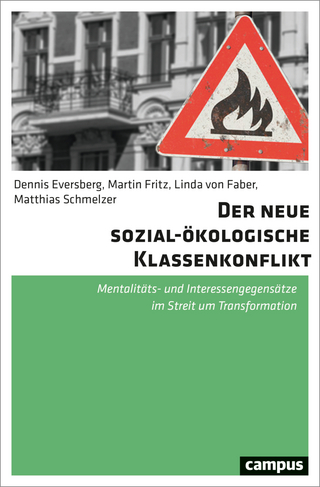
Emission Trajectories and Mitigation Schemes for China
Routledge (Verlag)
978-1-032-56095-3 (ISBN)
This book seeks to model the possible emission trajectories and identify the feasible mitigation schemes for China to meet its climate commitments to peak emissions before 2030 and net zero emissions before 2060.
In line with these ambitions, China has taken a number of measures to improve carbon efficiency and energy structure in recent years. The book first analyzes changes in the carbon footprint at the city level, identify the different pathways to peak emissions by province and industry, and develop a bottom-up approach to determining when and how China could reach peak emissions. It then illustrates how the Emissions Trading Scheme (ETS) reduces abatement costs, and examines the cost-saving effects under carbon intensity reduction and peak emissions targets. Based on the findings and the status quo in China, the authors propose a multicriteria allocation scheme for carbon emission allowances at the provincial level and quantify the impact of sectoral coverage on the abatement costs of the ETS by developing a cost-based approach to sectoral coverage in China. In addition, the co-benefits between CO2 and PM2.5 reductions as a result of the ETS operation are elaborated.
The book will benefit researchers and policy-makers interested in environmental governance, climate policy, environmental economics, and sustainable development.
Kai Fang is a Full Professor of Environmental Management at the School of Public Affairs, Zhejiang University, China. His research interests include environmental and climate policy and sustainable development. Qifeng Zhang is a Policy Researcher at Huaneng Yangtze Environmental Technology Research Institute, Beijing, China. His research covers environmental and economic policy, and resource and environmental management. Yiqi Tang is a PhD candidate at the School of Public Policy and Management, Tsinghua University, China. Her research covers environmental and climate policy and public governance in transitional China.
1. Introduction 2. Effects of Low Emission Strategies 3. Emission Trajectories and Potential Peaking Pathways 4. Key Sectors in Achieving Peak Emissions 5. Carbon Trading Scheme as A Cost-effective Tool for Emission Mitigation 6. Common but Differentiated Responsibility for Emission Mitigation 7. Sectoral Coverage of Carbon Trading Scheme 8. Co-benefits of Carbon Trading Scheme on Air Quality
| Erscheinungsdatum | 23.11.2023 |
|---|---|
| Zusatzinfo | 32 Tables, black and white; 51 Line drawings, black and white; 51 Illustrations, black and white |
| Verlagsort | London |
| Sprache | englisch |
| Maße | 156 x 234 mm |
| Gewicht | 960 g |
| Themenwelt | Sozialwissenschaften ► Soziologie ► Spezielle Soziologien |
| Technik ► Umwelttechnik / Biotechnologie | |
| ISBN-10 | 1-032-56095-9 / 1032560959 |
| ISBN-13 | 978-1-032-56095-3 / 9781032560953 |
| Zustand | Neuware |
| Informationen gemäß Produktsicherheitsverordnung (GPSR) | |
| Haben Sie eine Frage zum Produkt? |
aus dem Bereich


